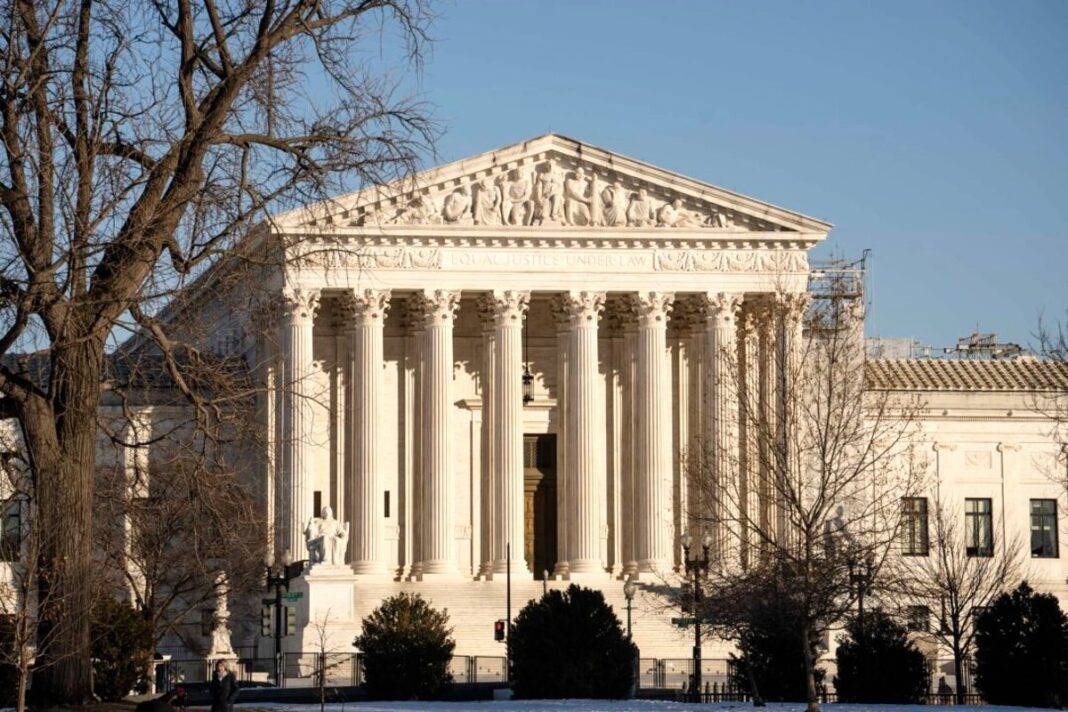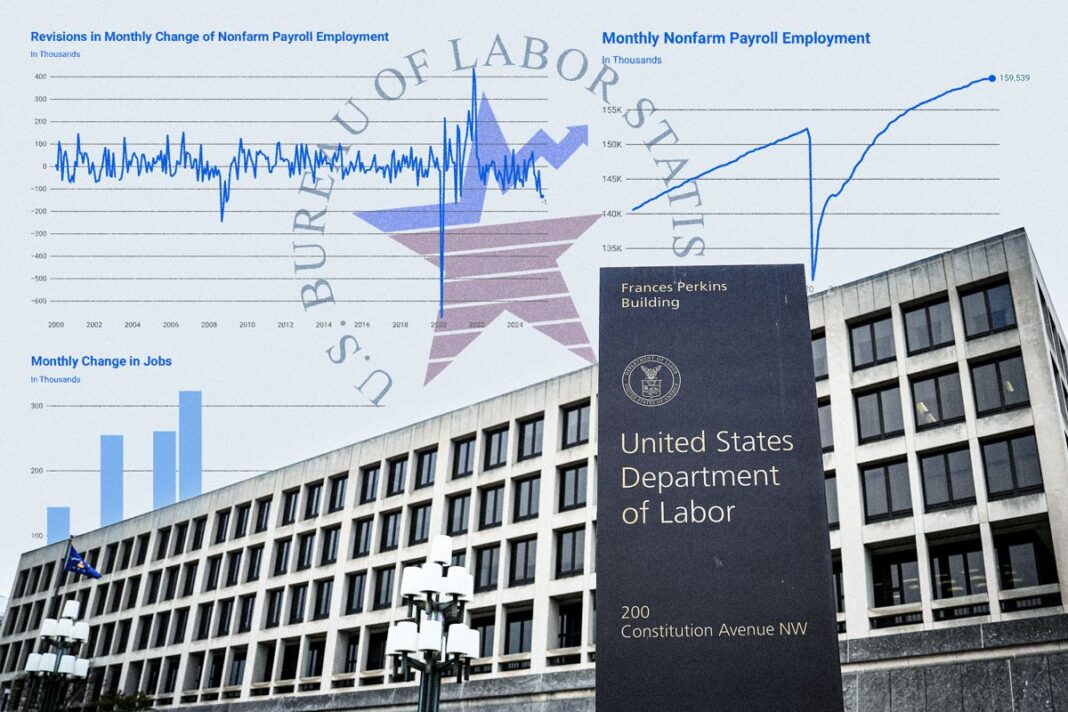Lower courts restricted how federal agents may carry out enforcement operations.
The Trump administration filed an emergency application with the Supreme Court late on Aug. 7, asking the court to suspend a lower court order restricting immigration stops in Southern California.
U.S. Immigration and Customs Enforcement (ICE) started its operations in the Los Angeles area on June 6. Local and state officials have strongly criticized the effort, saying the federal government is overstepping its legal authority. Several illegal immigrant advocacy groups are suing the Trump administration over the enforcement program.
Department of Homeland Security (DHS) Assistant Secretary Tricia McLaughlin previously told The Epoch Times that ICE targets individuals based on their unlawful presence in the country, not their skin color, race, or ethnicity. The ICE operation is focused on removing criminals and MS-13 gang members from California communities, she said.
There have also been numerous demonstrations against ICE operations in Los Angeles, as well as riots.
The application was brought after the U.S. Court of Appeals for the Ninth Circuit declined on Aug. 1 to lift a federal district court order. U.S. District Judge Maame Frimpong issued a temporary restraining order on July 11 that limits the factors law enforcement officials may use when making stops and arrests.
Specifically, Frimpong barred DHS from stopping or arresting individuals based exclusively on factors such as the language the person speaks or where the person works.
The new Supreme Court application was addressed to Justice Elena Kagan, who oversees emergency appeals from California. The case is known as Noem v. Perdomo.
U.S. Solicitor General D. John Sauer said in the application that the case involves “a district-court injunction that threatens to upend immigration officials’ ability to enforce the immigration laws in the Central District of California.”
The district court’s order “now significantly interferes with federal enforcement efforts across a region that is larger and more populous than many countries and that has become a major epicenter of the immigration crisis,” Sauer said.








